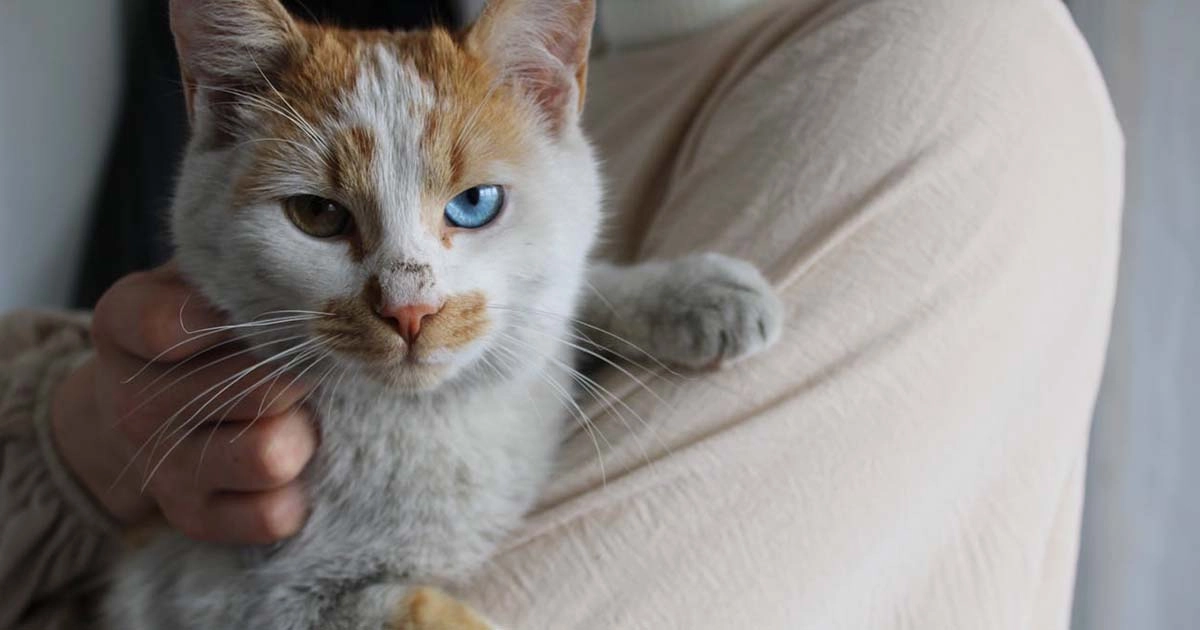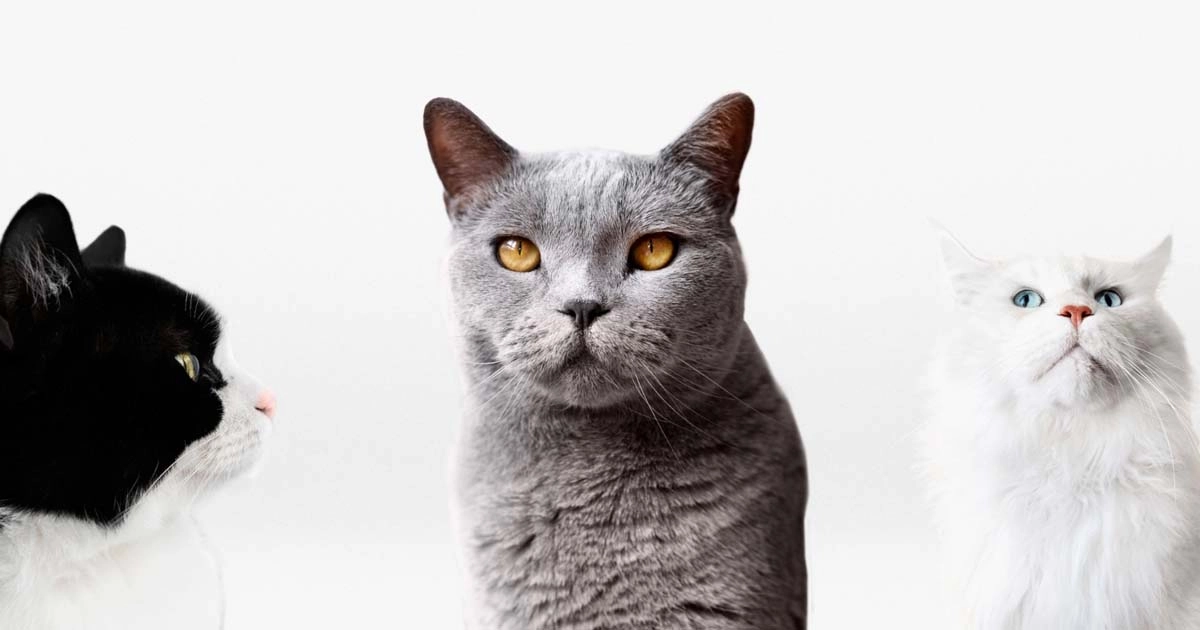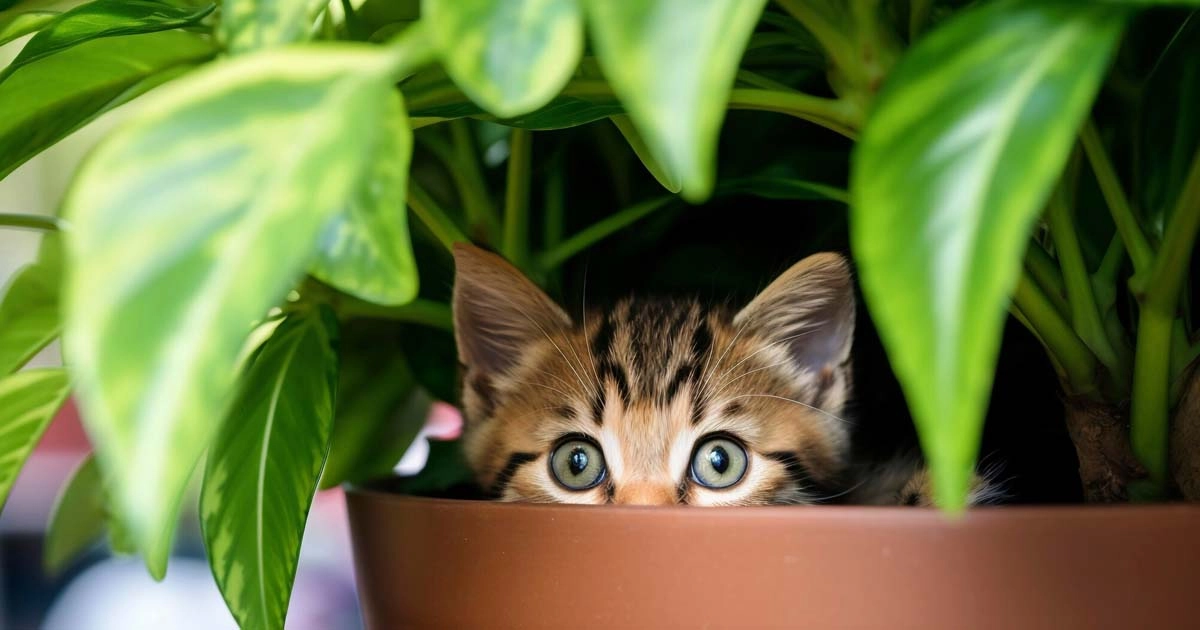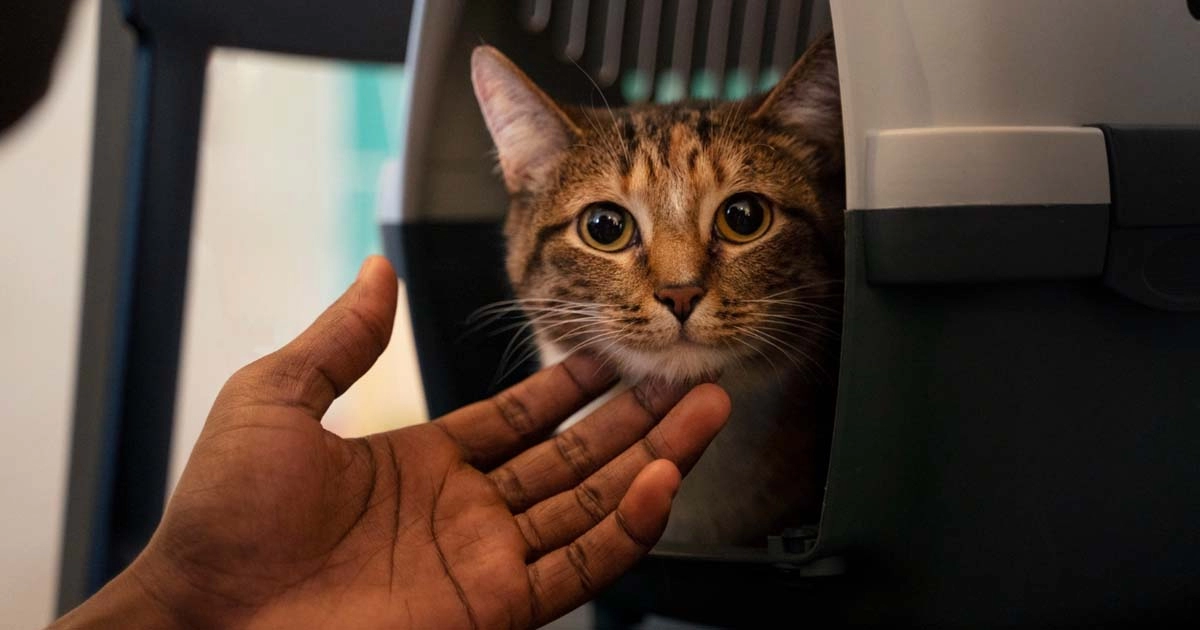Do cats get jealous?

Cat
16/04/2025

Cats are often perceived as aloof, mysterious creatures. But anyone who has had the pleasure of sharing a home with a cat will attest that cats are also affectionate, vigilant, and extremely sensitive to their surroundings. At mybestie.gr, we love to delve into the world of feline behavior, and one question that arises a lot is: do cats become jealous? And the answer is yes—but feline jealousy may manifest differently than what we observe in humans.
Table of contents
What is jealousy in cats?
Cats are not jealous in the same way as humans. Cats do not possess complicated emotions as humans do, but cats can become insecure, threatened, or possessive when the bond between their human and them is jeopardized. These feelings can manifest in what appears to be jealousy: acting out, attention-seeking, or withdrawal.
Common triggers of feline jealousy
A new pet in the home
Bringing a new cat or dog into the household can easily elicit jealousy. Cats are very territorial and will see a new pet as a threat to their territory, attention from you, resources, or sleeping spot. Cats may not necessarily understand what a baby is, but they certainly sense the sudden shift in your attention, daily schedule, and energy. Jealousy can also be caused when a new roommate moves in or a family member starts spending more time at home.
Guests and friends
If suddenly you're being focused on another person—perhaps a frequent caller or house guest—your cat could respond in jealousy, especially if their lifestyle or environment has been altered.
Changes to routine
Felines are creatures of habit and used to the rhythm of day. Anything which disrupts routine - like work shifts, changing addresses, or leaving home for shorter periods of time - may leave them feeling neglected or insecured and thereby jealous.
Indications your cat could be jealous
- Excessive meowing or barking
- Peeing on the floor outside the litter box
- Growling at new pets or people
- Clinginess or following you everywhere
- Shying away or hiding excessively
- Pawing or sitting between you and another person
These behaviors are your cat's method of indicating distress or re-establishing their bond with you.
How to manage jealousy in cats
- Give balanced attention: If you have more than one pet or there is a new member in your family, give individual attention to your cat.
- Create safe spaces: Give your cat private, secure areas where they can retreat when they feel overstimulated or under attack.
- Stick to routine: Try to have routine feeding, play, and snuggling even during changes in life.
- Positive reinforcement: Reward good and relaxed behavior with treats or affection. Punishing jealous behavior only makes insecurity worse.
- Pheromone diffusers: These could assist in reducing stress and territorial anxiety in multi-pet homes.
Cats are envious, but it's not from jealousy. It's due to fear of losing safety, predictability, and love. Understanding their world will help you create a more tranquil environment for all members of your family. No matter what the change is, your cat needs time, affection, and reassurance to adjust.
Be interested in your cat's behavior and react patiently at all times. And for more tips, advice, and information on feline feelings, check out mybestie.gr!











